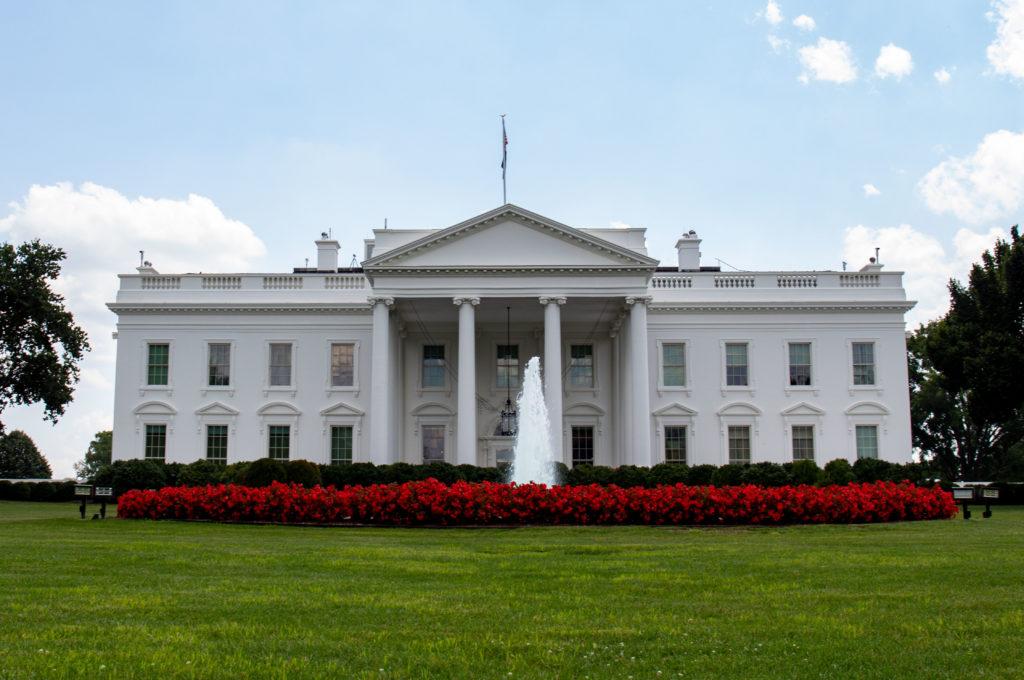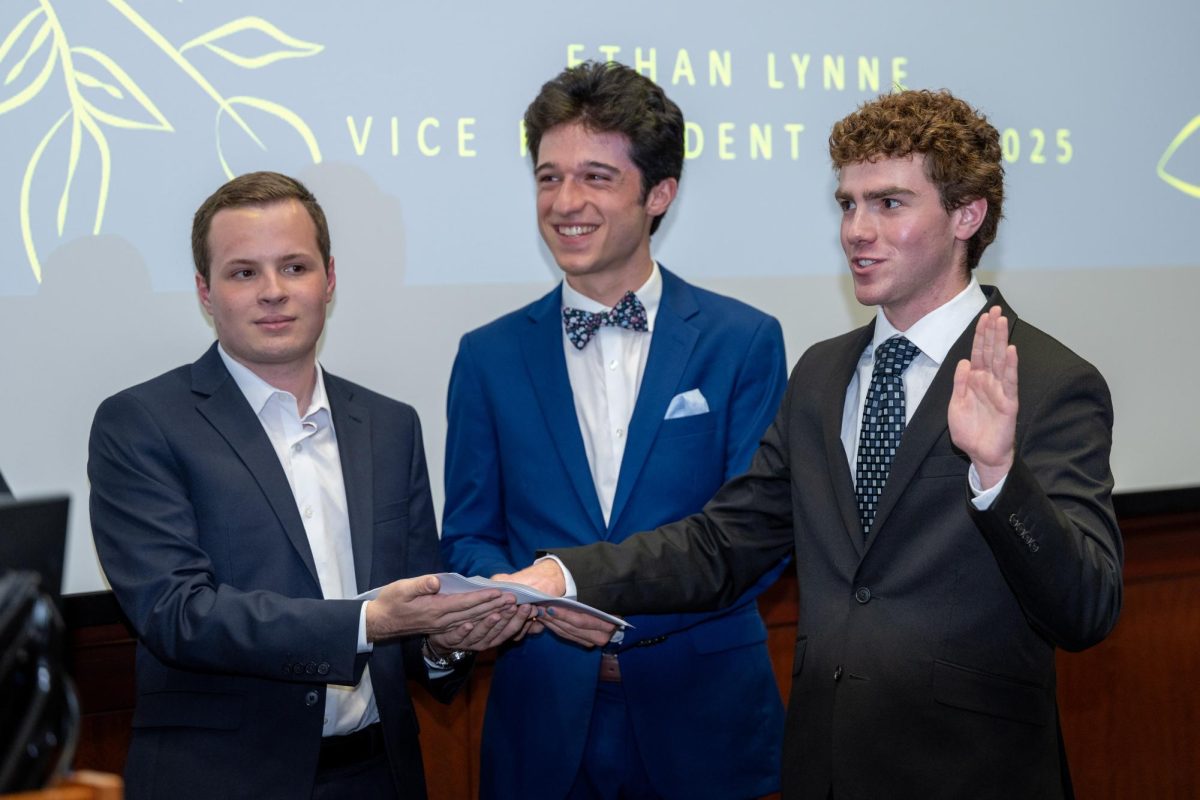The University’s office of military and veteran student services has launched a peer support program to ease the transition for more than 130 students this spring.
The program – called Transition, Assistance, Guidance and Support, or TAGS – tries to tailor the military culture that student veterans know well to the world of higher education. Advisers, who participate in the program as a work-study job, will meet with fellow students at least once every six months.
The University has offered mentorship programs for transfer, first-generation and freshman students over the years, mostly out of the Center for Student Engagement.
Incoming student veterans, who mostly joined the military a few years after 9/11, have to adjust quickly from war zones to a college campus, said Michael Ruybal, associate director of military and veteran student services.
“They knew war, and then all they’ve known is war since then. They were never in a peacetime military. So you have to have somebody who knows what that was like,” said Ruybal, who has led GW’s military-affiliated student services office for the last year.
“And that’s what TAGS does. It allows you to adjust with somebody that you can talk to, and you don’t feel like you’re having to tell your story a million times over and over again because you’re the shiny new toy on campus,” he said.
Students with ties to the military will be matched to about a dozen student veterans or family members of those in the military.
The University will first connect a student with a peer mentor, who will act as a guide through admissions, military education benefits paperwork and on-campus resources. Then the student will partner up with an adviser, who will meet with the student throughout the academic year and host networking events.
“It’s very accustomed within the military culture that we take care of our own,” Ruybal said, adding that that his office named the program TAGS because every member of the military, regardless of branch, wears dog tags.
Nicholas Regini, who served in the U.S. Marine Corps for five years and is now a senior at GW, said he remembers arriving on campus, navigating course registration and trying to understand his military benefits all at once.
“It can simply start out as having a cup of coffee to let them know that there’s tons of resources here that GW offers,” said Regini, who signed up to act as an adviser. “I would try to work those resources and show them where those things happen.”
Ruybal said he based GW’s program on the University of Michigan’s Peer Advisors for Veteran Education initiative, which also aims to recruit student veterans as mentors. But GW’s model also tries to connect students in the same schools.
More than 500 students are enrolled at GW as part of the Post 9/11 GI Bill, which was signed into law in 2008 to offer financial aid to student veterans. The University’s veteran population has grown by about 300 percent since then.
Veterans can already meet with a career adviser, seek therapy from a U.S. Army veteran and participate in a unique orientation program their first day on campus. This summer, the University joined the VetSuccess on Campus program, which deploys a permanent vocational counselor from the Department of Veterans Affairs.
The TAGS program will also encompass graduate and Ph.D. students, many of whom move to D.C. with families. Support for those students will range from suggestions for neighborhoods in which to settle down to advice about the best child’s toy stores.
The program will guide students through every step of their college careers, from the application process to finding their place on campus, and from finding a job after graduation to staying connected to GW as alumni.
“Every time you’re on active duty, you have a sponsor, somebody who is guiding you through everything, and eventually as you move on, you kind of take over that role, too, as you move up in rank,” Ruybal said. “This is something we’re all very much used to, and the program is very much designed around that.”







